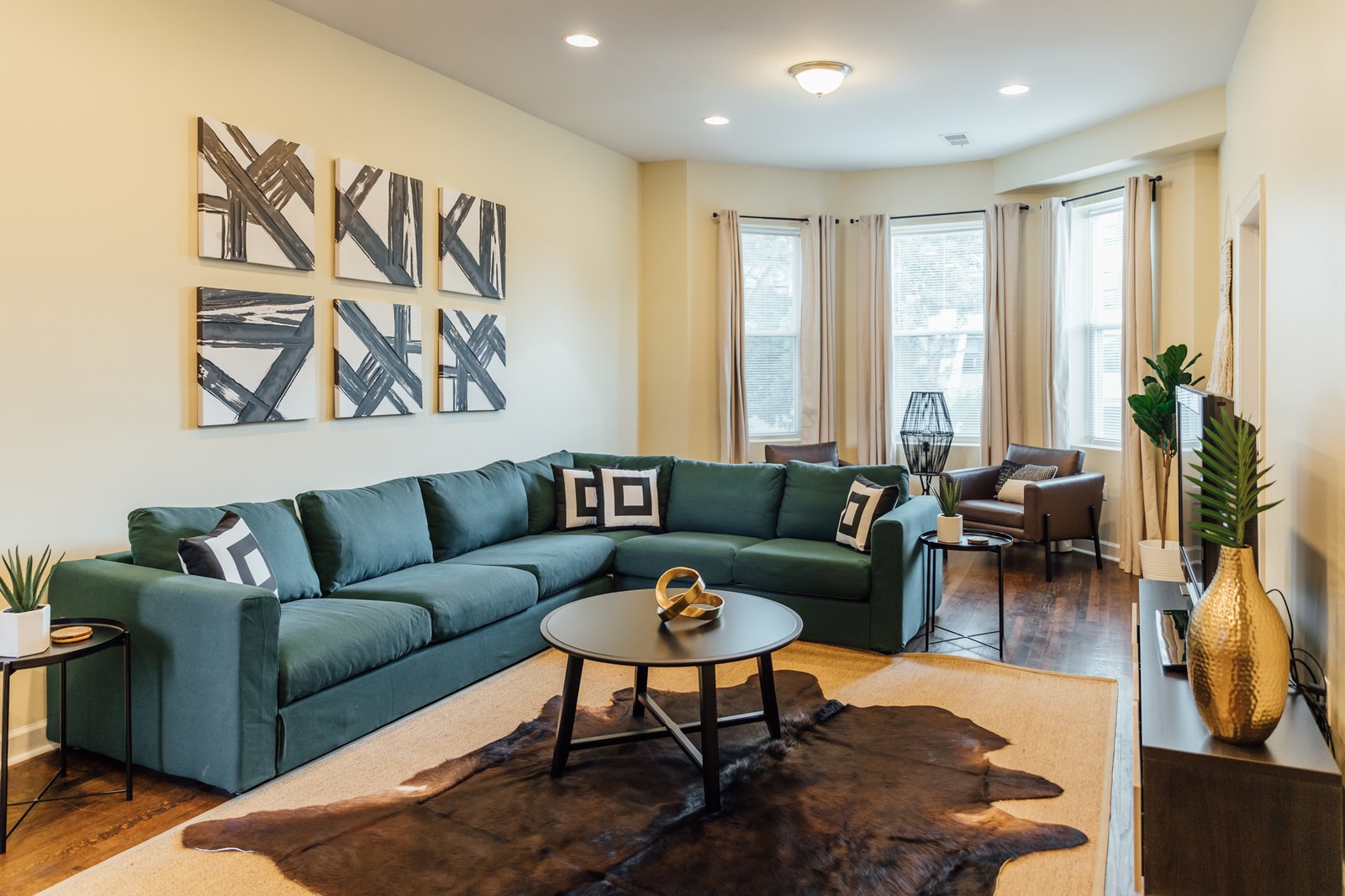
MASTER LEASE
What is a Master Lease?
A master lease is an agreement where a property manager (PM) leases a building from an owner for a negotiated price and then subleases the building to other tenants. This is a strategy used with other real estate assets, such as Airbnb arbitrage, but it can also be used in the commercial sector and elsewhere.
Generally, master leases last for one year, but it varies based on the deal made.
Types of Master Leases
There are generally two types of master leases:
- Fixed Master Lease – the lessee agrees to make monthly payments to the owner regardless of profits or tenancy.
- Performance Master Lease – the lessee agrees to pay a percentage of profit only when rents are received.
A combination of both is called a hybrid master lease and are preferred by many property owners. In a hybrid master lease, there’s a guaranteed monthly payment from the PM, but owners get additional income if the total rents exceed a certain amount. Basically, you can make more profit if the PM can acquire more tenants at higher rent rates.
Master Lease Terms
Typically, a master lease contract lasts for a year. Depending on the market conditions and your property’s current state, the PM may require free rent or concessions to allocate enough time to improve the property and lease-up.
The costs for maintaining the common area need to be negotiated. Typically, the maintenance costs for amenities that the residents regularly use, such as the pool and gym, are covered in the master lease. The owner should cover everything else in the common area not used daily.
Pros of a Master Lease
Save Costs
A master lease can help save on payroll, marketing, maintenance, and more costs. Overall, you could expect to save 12-15% of your gross income.
Generally, in master leases, repair and maintenance are covered by the PM, but the costs for the common area vary case by case. Usually, the owner pays for the common area, but the PM might cover costs for maintaining the amenities commonly used by residents, such as the clubhouse, gym, roof terrace, pool, etc.
Minimum Income
A master lease guarantees you a minimum rental income, which is great for financing. For example, if you own a property in bad shape and has a lot of vacancies, you could turn around the rent roll quickly by doing a master lease. Instead of taking months to renovate the units and lease out, you can simply refinance with the master lease agreement.
Motivated Property Managers
In a master lease, the PM is also more motivated to lease out your units because they could lose money if the property has vacancies. Traditional property management pays a PM based on a percentage (usually 7-12% percent) of the gross income.
In master leases, the agreement terms are different, which means the PM may have more control over their income, for better or worse.
Save Time
Lastly, master leases require little management from you, which equals more time to focus on other responsibilities.
